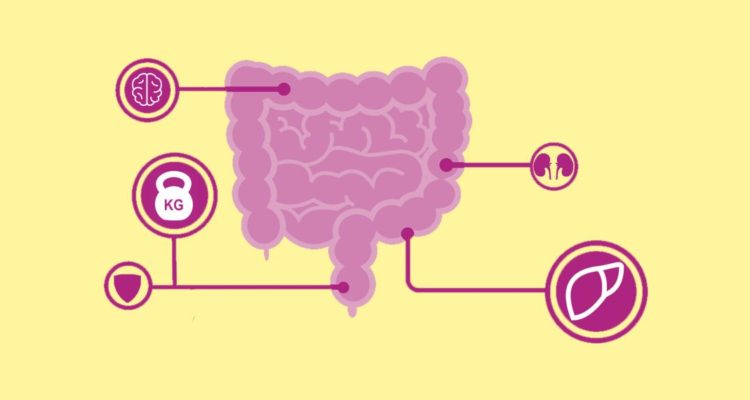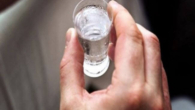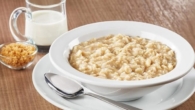
A Healthy Gut: Foods That Improve the Main Organ of Longevity
0
Intestines often called the main organ of longevity. The fact is that it contains many “bad” and “good” bacteria. The totality of these bacteria is called microbiota. When there are more harmful organisms, health problems may arise not only in the digestive system, but also in the whole body.
According to nutritionist Toby Smithson, intestinal microbiota plays an important role in regulating metabolism, preventing or causing various diseases. Probiotics can make the microbiota healthier and, therefore, improve the functioning of the intestines. According to Harvard Health Publishing, studies show that they can help treat a number of conditions, including Crohn's disease, diarrhea, eczema, irritable bowel syndrome (IBS), and ulcerative colitis.
Foods high in probiotics:
- Yogurt. It is the most common fermented product in the world. It is obtained by fermenting milk with special bacteria and fermenting lactose. According to Harvard Health Publishing, real yogurt contains one of two specific types of bacteria: Streptococcus thermophilus and E. coli. Greek yogurt is considered one of the most useful. It also contains a lot of protein and calcium;
- Kefir. It sometimes has more probiotics than traditional yogurt. Kefir can counteract the growth of “bad” bacteria and promote digestion, says nutritionist Maxine Jung. In addition, this product is able to support the immune system, is a source of protein, calcium and potassium. Researchers also mention the anti-tumor properties of kefir.
- Some types of cheese. Beneficial bacteria are often found in fermented cheeses such as cheddar, gouda, mozzarella and blue cheese;
- Fermented cabbage. Thanks to the fermentation process, this product contains many probiotics. Sauerkraut not only supports intestinal health, it is rich in vitamins, minerals and fiber. As Smithson points out, without enough fiber in the diet, probiotics won't be able to survive long enough to do any good for the body. It is also necessary to remember that sauerkraut of long-term storage does not contain probiotics;
- Pickling. Pickles, beets, cabbage, radishes and other vegetables are sources of beneficial bacteria. At the same time, pickles should be prepared by the fermentation method, instead of salting with vinegar, the Livestrong portal reports;
- Apple vinegar. It will be a good source of probiotics when added as a seasoning or marinade. In addition to beneficial bacteria, vinegar contains few carbohydrates and very little sodium. Research has shown that apple cider vinegar reduces oxidative stress and reduces the risk of obesity. Experiments were conducted on rats.
In addition, some dishes from Asian cuisine are rich in probiotics. These include Korean kimchi, as well as traditional Japanese foods such as miso and natto.









Leave a Reply